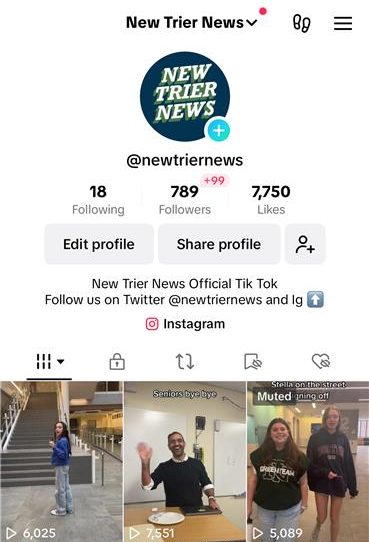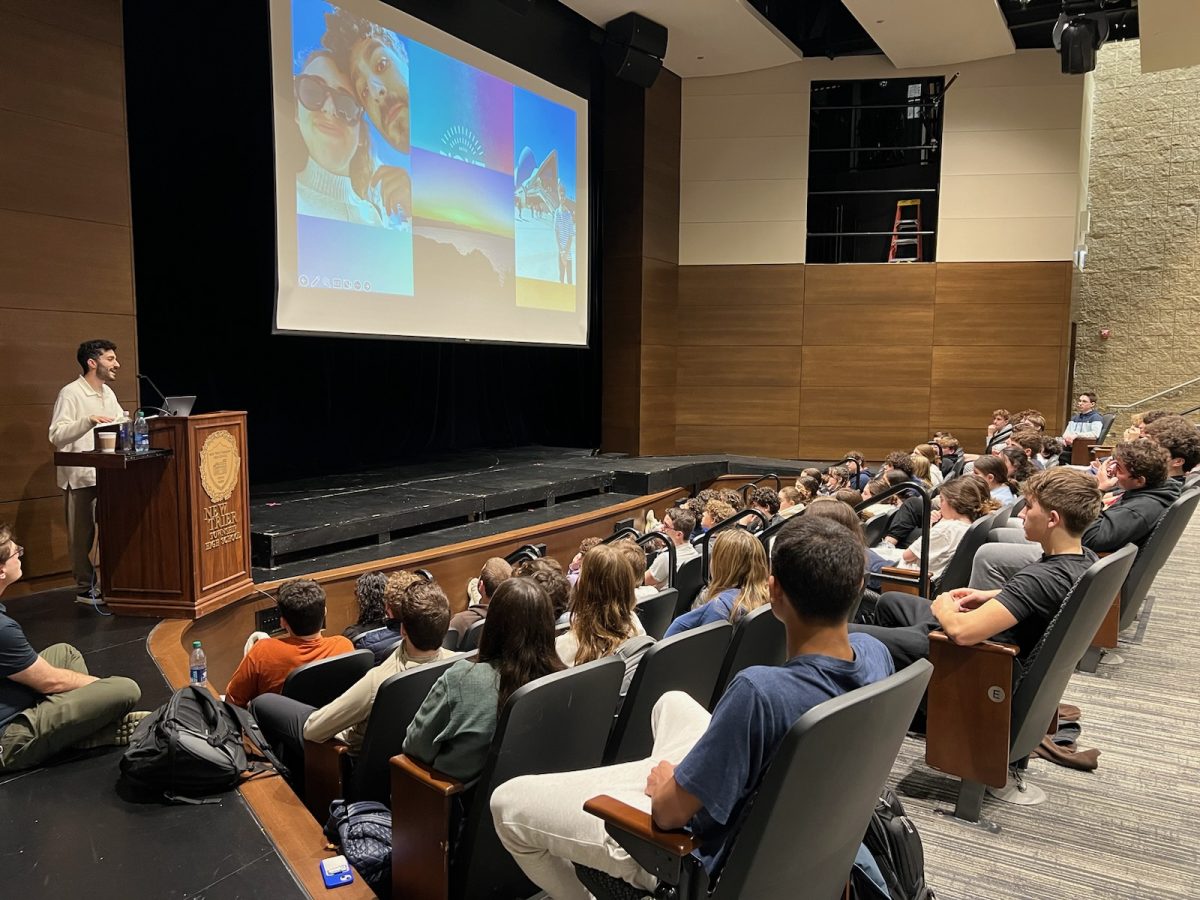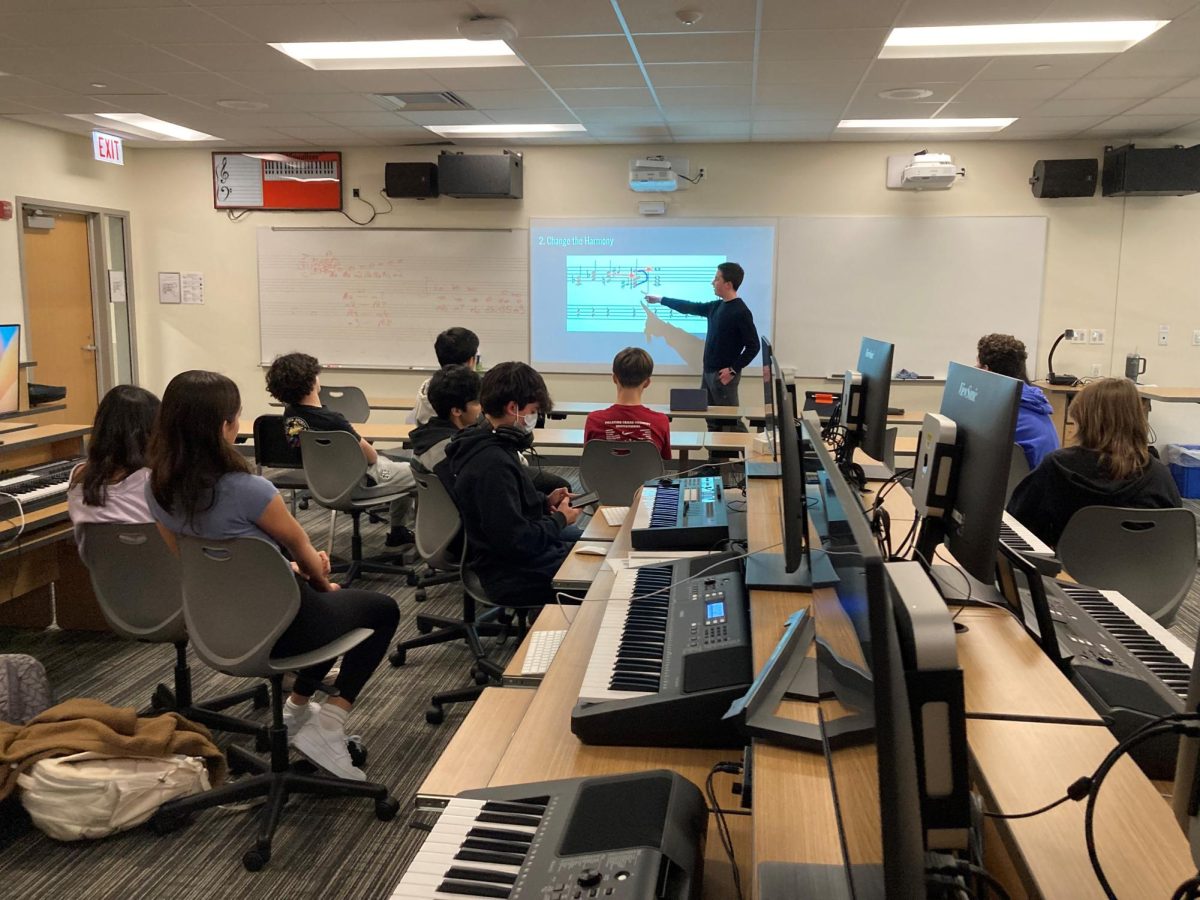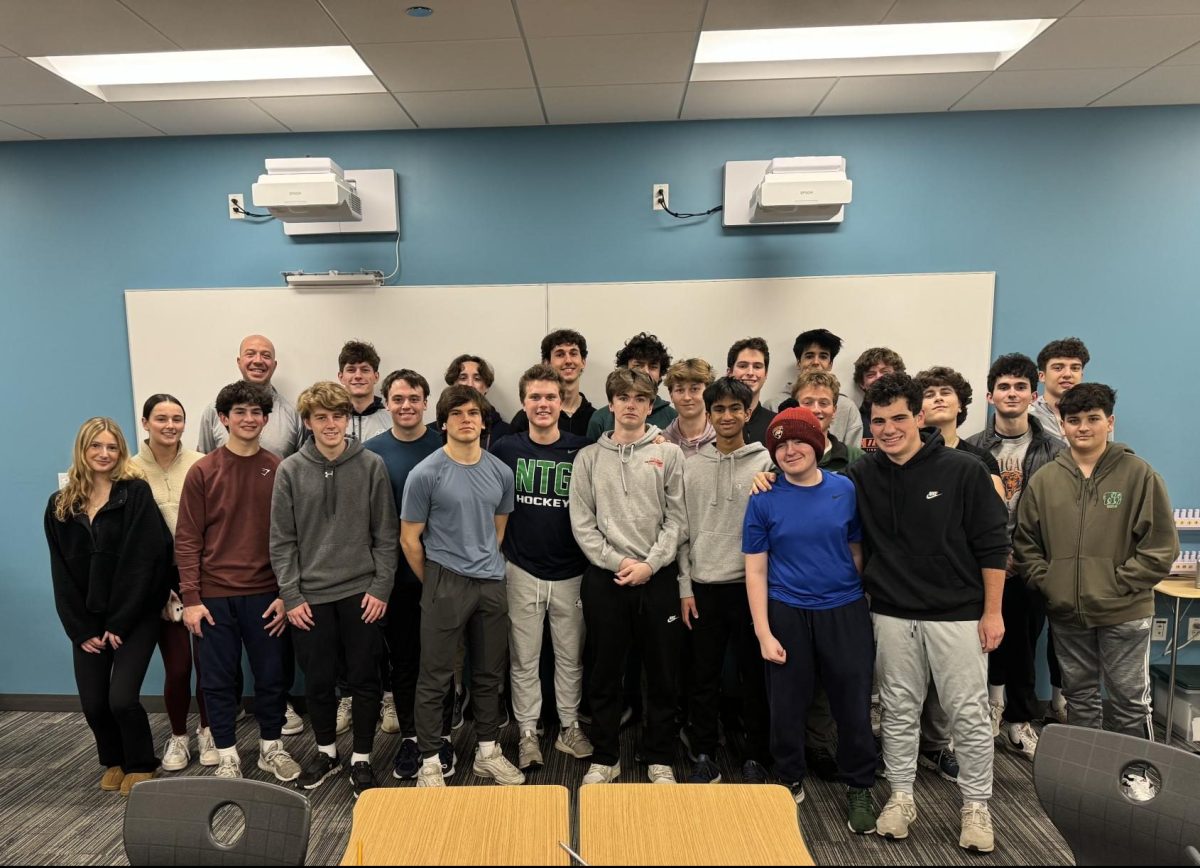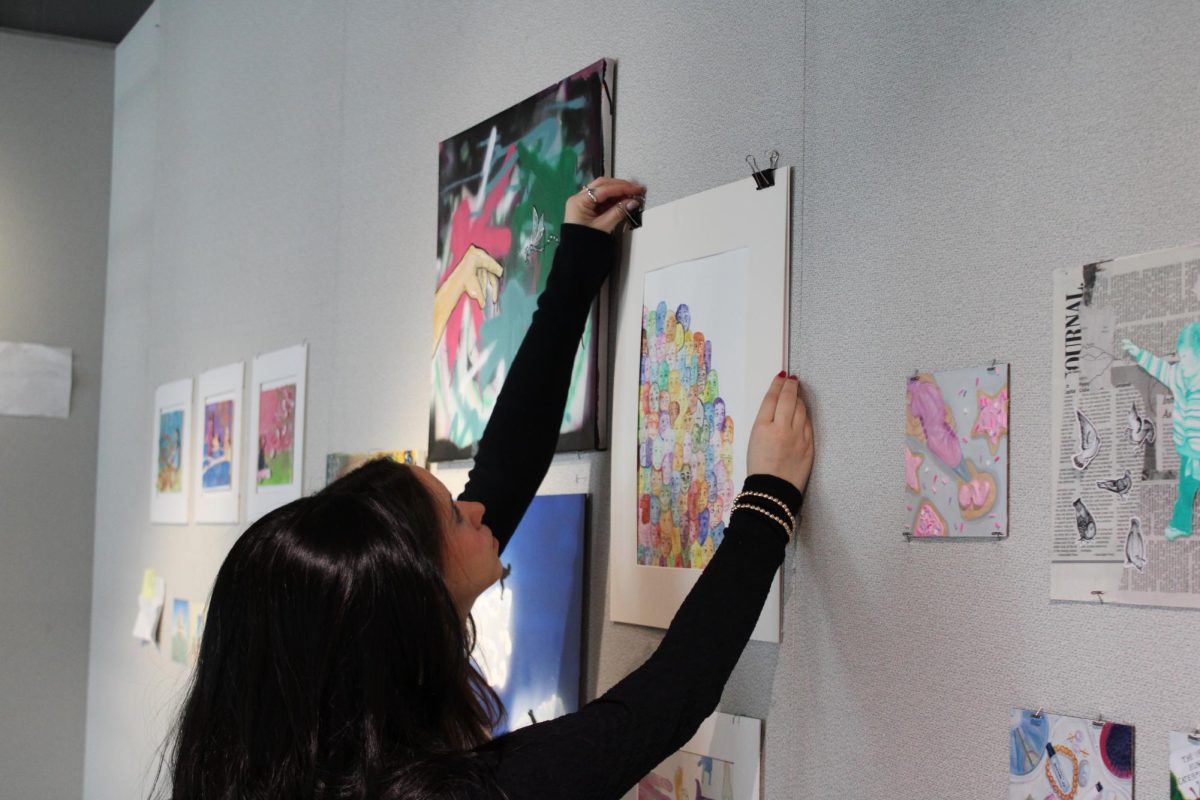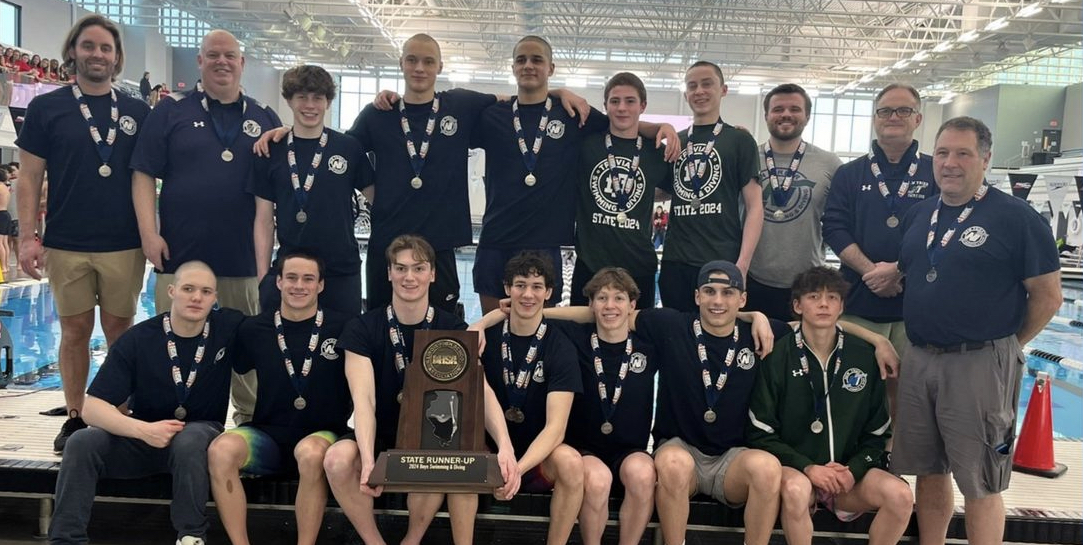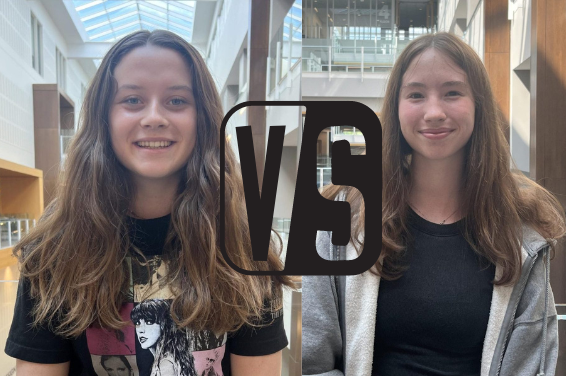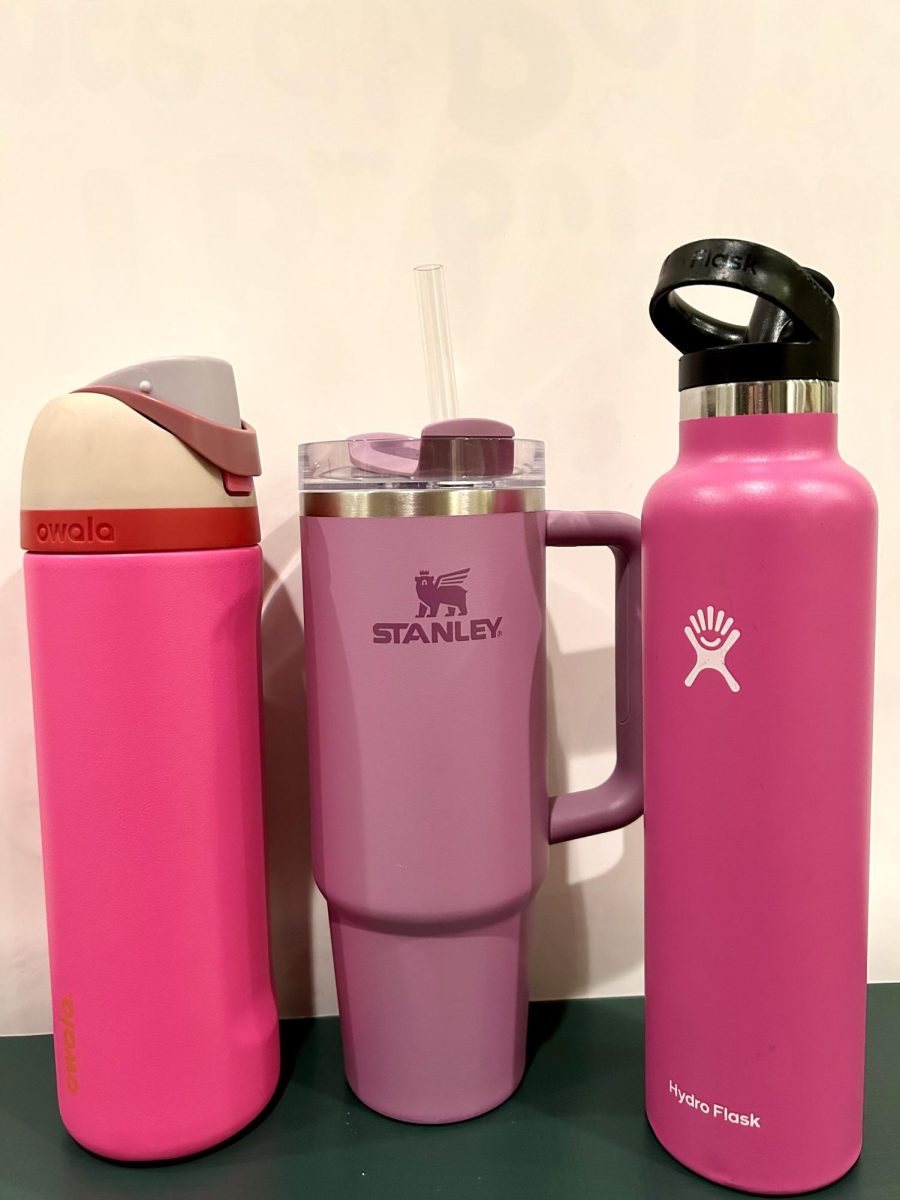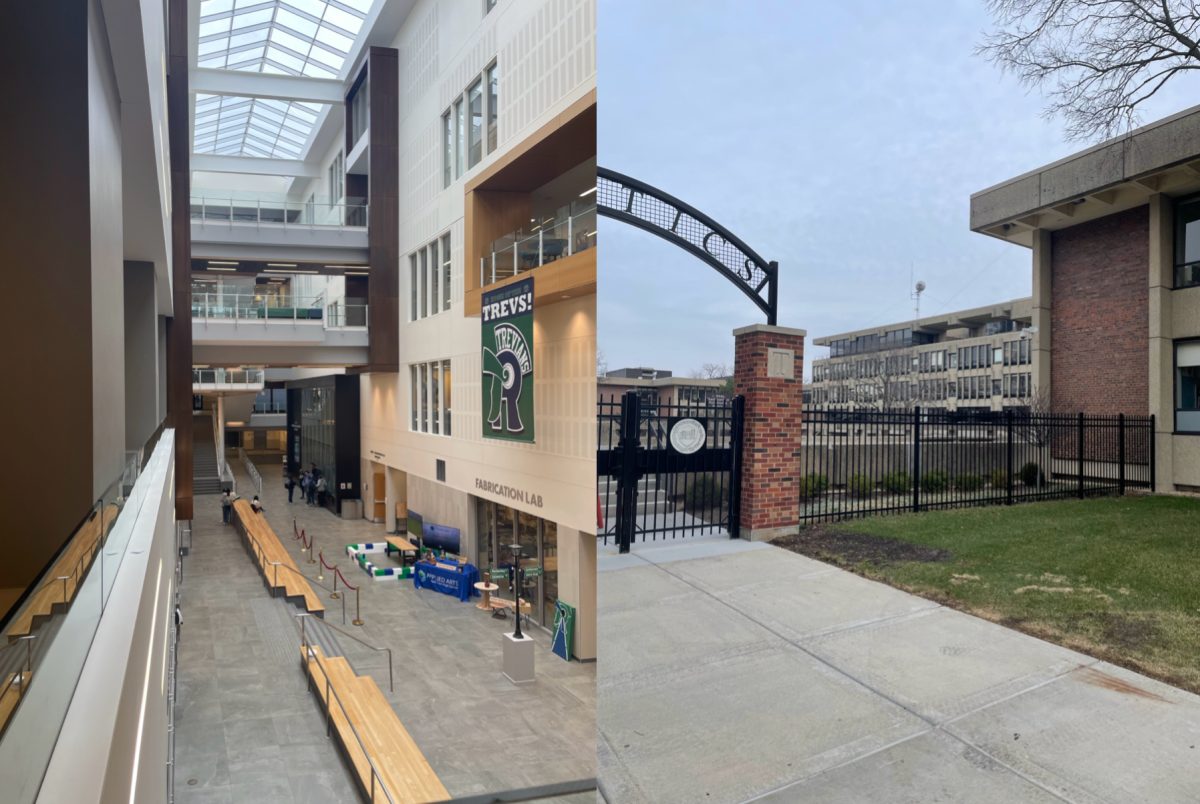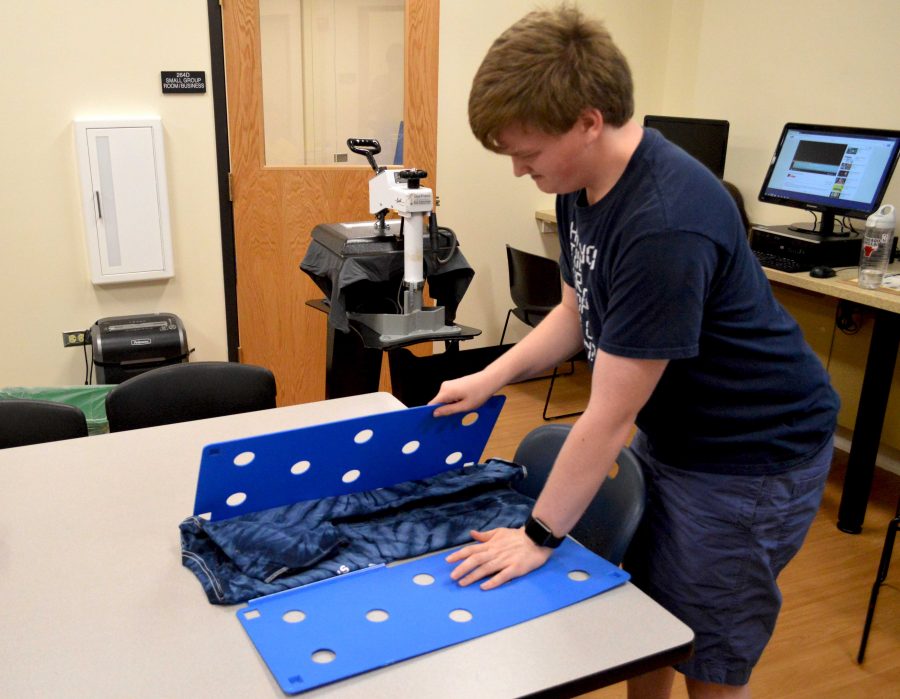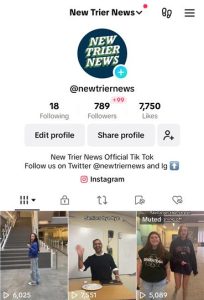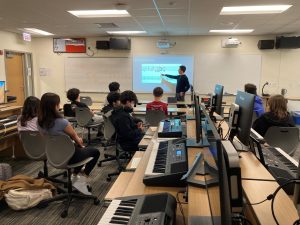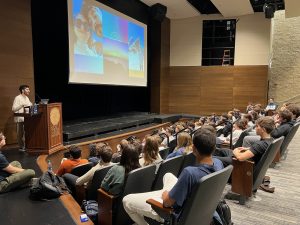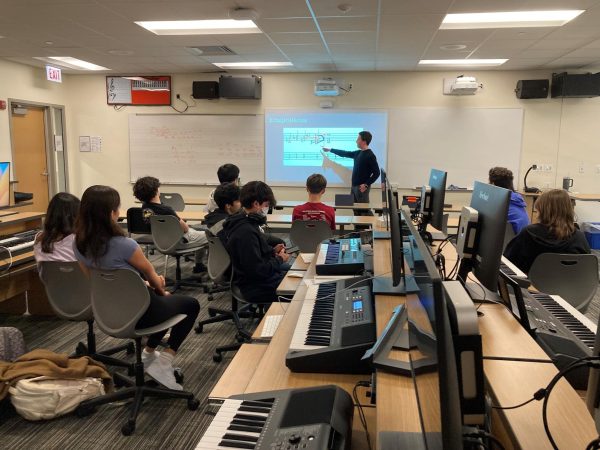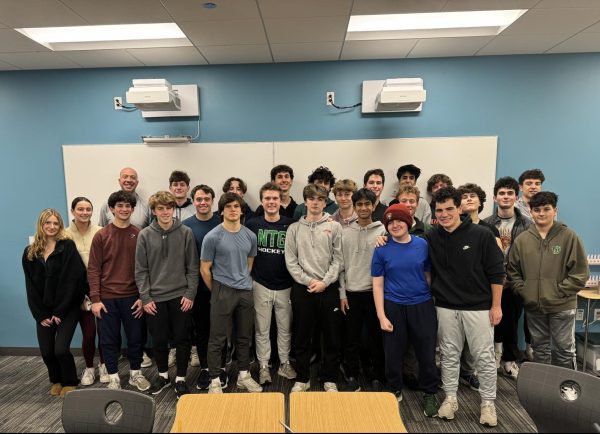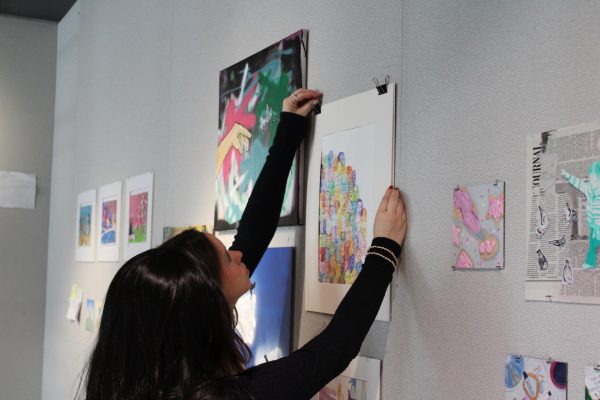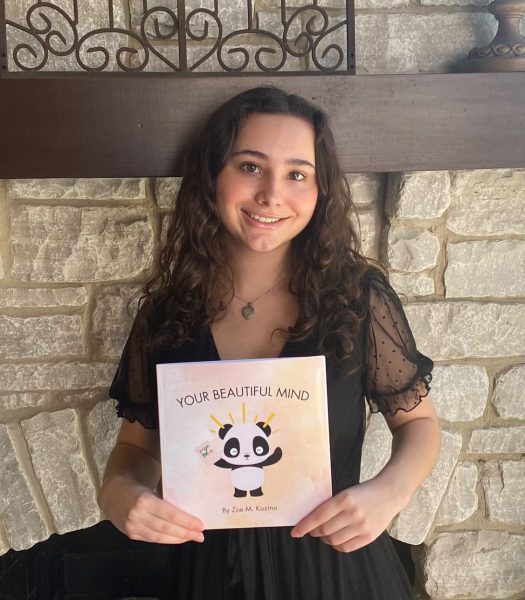Students develop skills through T-shirt business
266 Designs helps integrate transition students from school to jobs
October 10, 2016
266 Designs, a T-shirt company run by the NT Transition Program, offers students the opportunity to support the program, while also buying T-shirts and other apparel that they may need for classes, clubs, and sports.
The business was started in 2011 and is a part of the Transition Program. The program gives young adults aged 18 to 21, who have developmental disabilities, the special attention and care they need. Students learn the life skills that they’ll need to transition into adulthood, advance their careers, and thrive independently.
Kari Nakayama, a faculty member involved in the Transitions Program and 266 Designs, said, “We work on life and vocational skills to get them as independent as possible for the future.” In the program, students are taught to handle money, socialize, cook, and practice safe behavior.
266 Designs derived its name from the transition program’s room number and it’s one of the ways that the program helps students achieve these skills. Five years ago, those involved in the program wanted to start a class business. “We received a grant from the New Trier Education Foundation and that allowed us to get the shirt press and start the design company,” Nakayama said.
Currently, the business makes all of their T-shirts in house, ordering shirts and Designs to complete the process. “The students get to handle the money, fold the shirts, and then deliver them,” Nakayama said. The whole organization is led by the students in the transition program, allowing them to experience a real working environment.
Francesca Maddock, a current student involved in 266 Designs, said, “I like it a lot, but we don’t get a lot of help from teachers.” The goal of the program is to teach independence through this hands-on learning experience.
Through the business, Maddock, along with other students in the Transition Program, have the opportunity to use the shirt press, fold shirts, and deliver them once they’re done.
Along with making shirts, students in the program were given the opportunity to talk with advisers during a recent in-service meeting. They presented their business to advisors as a way to create more awareness and to get the word out about the company.
Sophomore Boys Advisor Chair Ted Koulentes said, “The business is relatively new, so introducing it to the advisory system is a great way to get publicity.” It’s allowed more staff and students alike to learn about the business.
Koulentes has also helped promote 266 Designs among special school groups. He previously worked in the special education department and has ordered products for advisory, bridge building, and exchange programs. “Whenever they deliver the shirts, they’re obviously very proud of the work they’ve done. It gives them a chance to be recognized around school by their peers as contributors.”
Senior Emma Hoholik thought the program thoroughly benefitted the students involved. “It’s a way for the students to really stay connected around the school. It’s just a smart, beneficial program and I’m so glad New Trier has it.”
It’s also a very beneficial resource for school organizations looking to purchase apparel. According to Koulentes, 266 Designs offers fair prices and a quick turn around. “I’ve found them to be reliable, fast, and cheap,” he said. Unlike many larger companies, they’re not as likely to mess up orders, but are able to devote time to each one.
Nakayama said they’re currently filling twenty to thirty orders a year, though their numbers are increasing annually.
Furthermore, prices are comparable to those of any other company. According to Koulentes, “the shirts are often cheaper than those from other companies. You can then customize and that plays a role in price, but generally, they’re very comparable price wise.”
Yet, the monetary aspect of 266 Designs has never been the main focus. Though it’s beneficial for the students to work with money,” Nakayama said, “It’s not for the profit. It’s for the learning experience.”
All of the profits from the T-shirts go back into the program. The money earned is used to pay for classroom supplies and field trips for the students. According to Nakayama, it’s a way to get the students excited about what they’re doing and engaged in the business.
According to Koulentes, this is another reason he’s so supportive of the business. “The money all goes back to the students, and that’s something that I’m definitely happy to support. It’s great to see the money making a difference with the kids.”
While New Trier has made it a priority to promote ELS and the transition program, many schools aren’t so readily accepting. Koulentes said, “it’s so amazing to see students rally around their classmates and support them through this business.”


